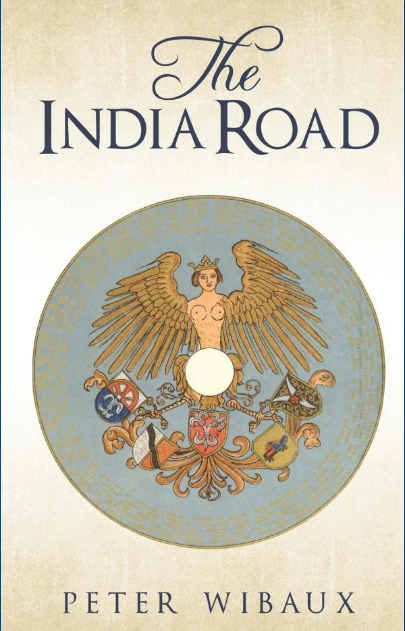The Story
This is the story of men who sailed by reading the stars, played the games of politics and war better than anyone today, and dared to risk their nation's future seeking legendary wealth halfway around the world. It also explains why, and how, the small country of Portugal became a world power out of proportion to its size.
The story begins with a man whose vision is not clouded by scruples.
John II—brilliant, fiery, and ruthless—ascends to the throne of Portugal in 1481. His people call him the Perfect Prince, knowing well that his greatness and his morals are at best nodding acquaintances.
The king's dream for the future of his small kingdom extends far to the east: to the untold wealth of India's spices. To realize his ambition, King John calls on brave, skilled, and war-hardened men to sail his caravels across unexplored oceans, and astronomers and navigators to guide them. He also enlists priests and lawyers: wily men who can win an empire with the stroke of a pen or conquer a foreign land with a well-placed clause.
Building on the achievements of his great-uncle, Henry the Navigator, John sends his ships down the west coast of Africa—and his spies across the Red Sea to India.
This compelling novel, based on years of historical research, recounts the feats of those who risked the future of a nation on voyages as expensive, daring, and dangerous as the moon landings of our age in search of Marco Polo's pot of gold, and how they catapulted a small country onto the world stage and jump-started globalization.
Prologue
"In the name of God, Amen. In the year 1497, did the king, Dom Manoel, first of this name in Portugal, send out to discover four ships, which went in search of spices. The Captain-General was Vasco da Gama, and of the others, in one his brother Paulo da Gama, in the other Nicolau Coelho."
So begins the informal diary of the expedition, the only surviving account of the journey to Calicut. It was a hot July morning, a Saturday. Tradition held that the evening before departure should be spent in prayer, and so it was on this occasion.
Captains and pilots had spent the night at the little chapel of Santa Maria of Bethlehem, ten minutes walk from the Cais Novo, or New Quay, where the fleet was berthed. Apart from the higher ranking saints, captained by the Gama brothers, there was a smaller saint, the São Miguel, and the inevitable supply ship, which would be sacrificed along the way. Men and victuals would be distributed across the other vessels at the time when both had disappeared in sufficient quantity.
Reviews
Read a review of this book published by the Historical Novel Society, a US society dedicated to the promotion of quality historical fiction.
